#croesus
Text







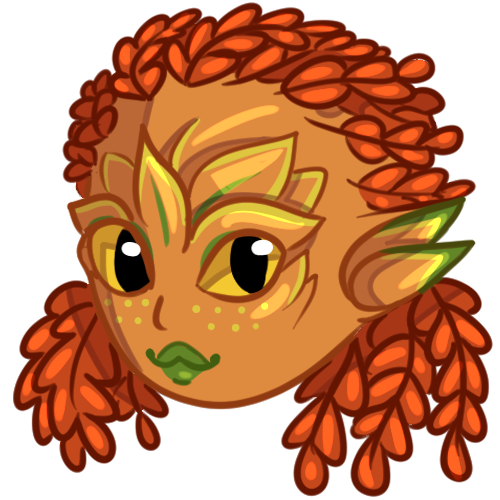







finally posting these: all my (current) characters, lovingly and painstakingly drawn as chibis
#original#my art#my ocs#deep fuckin breath. in order we have:#admetos#august#caomh#croesus#diarmaid#duilio#iaxe#jack#lyda#nephele#saraid#taliesin#tarasios#werevari#zenais#WHY DO I HAVE SO MANY CHARACTERS.
93 notes
·
View notes
Text
Somebody stop me from making these.
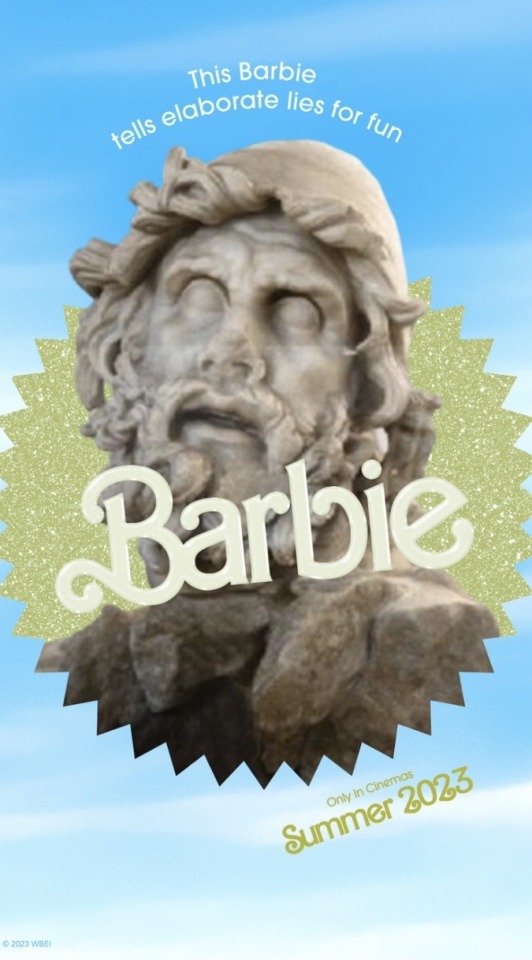
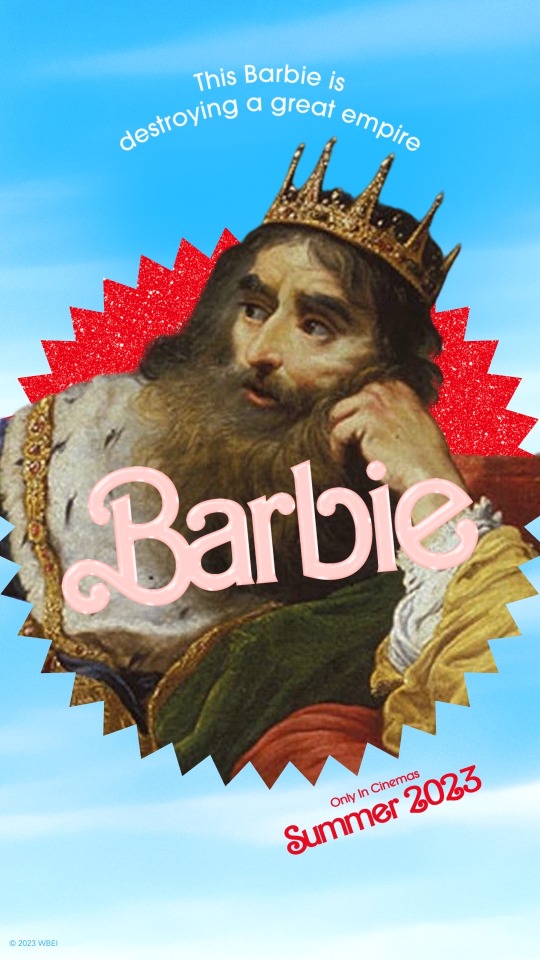
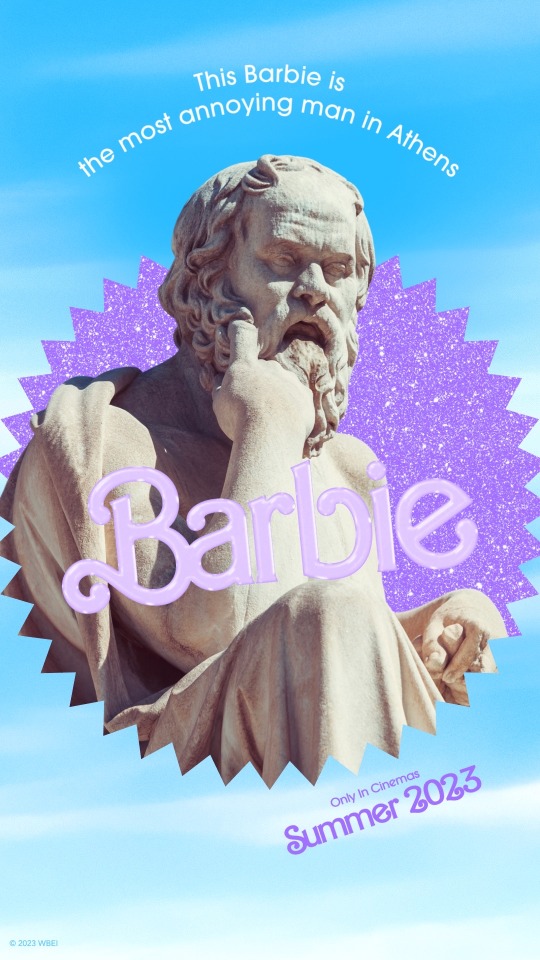
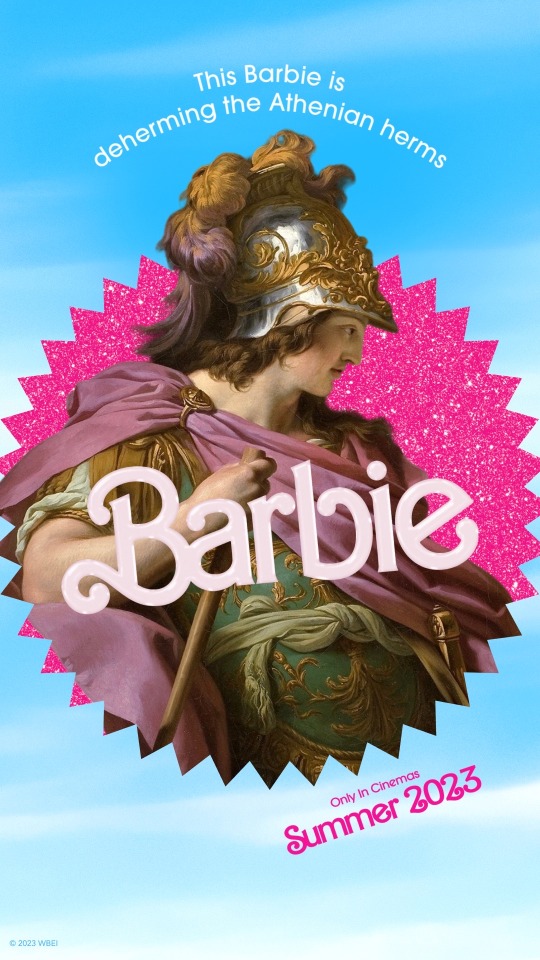
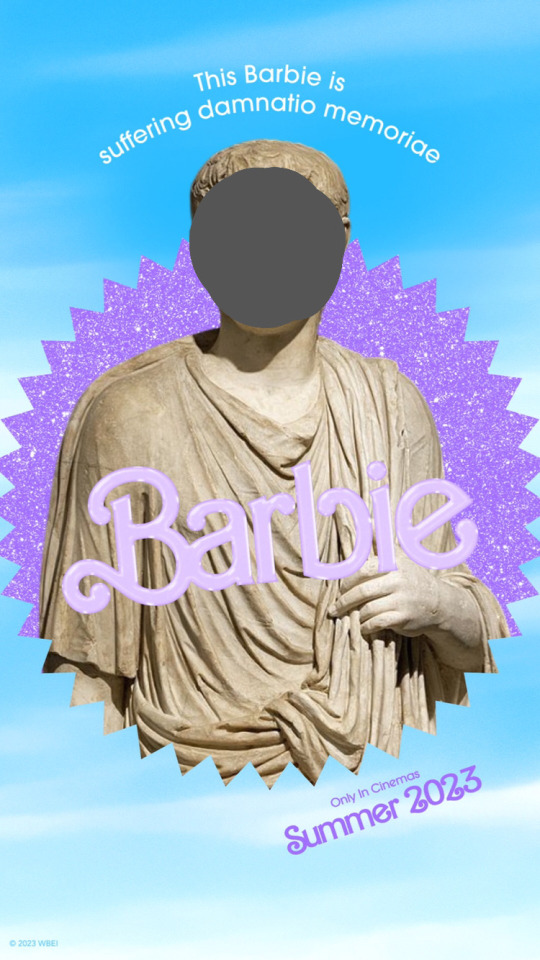
Bonus: the autogenerated text the website gave me when I uploaded Alcibiades and Achilles’ images:

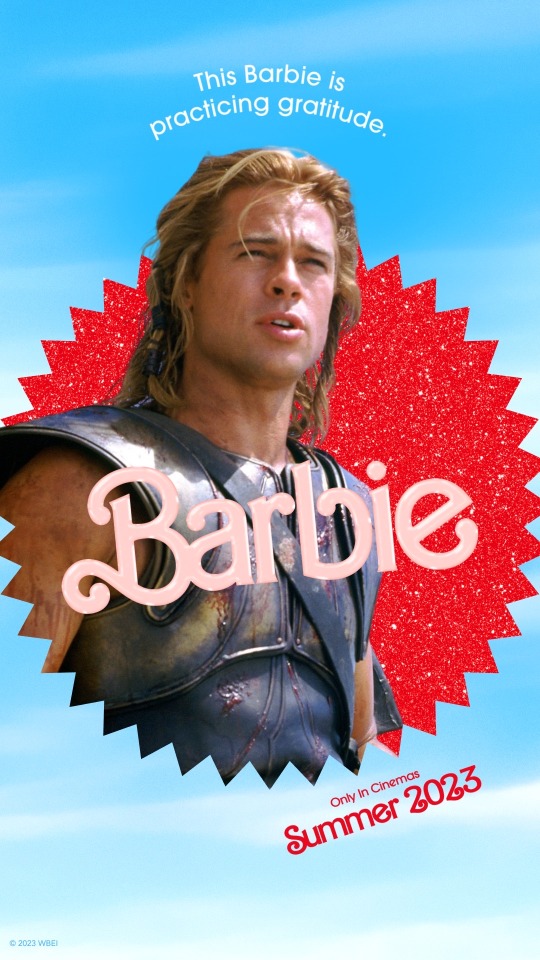
Thank you to @gallopinggallifreyans and @mythosphere for helping me with these! The de-herming one was entirely @mythosphere’s idea.
#edited to add in an extra meme since this was entirely hellenist. the romans get one (1) meme#tagamemnon#odysseus#croesus#socrates#alcibiades#achilles#greek mythology#homer#the odyssey#the iliad#troy 2004#herodotus#thucydides#original post#meme dump
280 notes
·
View notes
Text

[link to tweet]
111 notes
·
View notes
Text



[Tomato paste. Put water. And, courts of Philip, Alexander, Croesus. And it's a split lentil.]
#s38e01 south dakota smorgasbord#guy fieri#guyfieri#diners drive-ins and dives#tomato paste#split lentil#water#courts#philip#alexander#croesus
7 notes
·
View notes
Text
Herodotus' Proem and ancient Greek epinician poetry
"Thus the numerous points of contact between Sappho 16 and the prologue of the Histories suggest that, in addition to underscoring points of significant contrast with Homeric epic, Herodotus’ rhetorical strategy may also have evoked an especially well known poetic priamel, imitating its form while contesting its argument. Looking beyond Sappho, finally, I would like to propose that epinician poetry also contributes important elements to the intertextual background against which Herodotus’ original audience may have understood Histories 1.1-5. Here I refer to both the use of the priamel in epinician and to the portrayal of Croesus in that genre. Bundy has described the priamel as manifesting ‘perhaps the most important structural principle known to choral poetry, in particular to those forms devoted to praise’.81 Race has described Pindar, the most accomplished of the Greek epinician poets, as ‘the indisputed master of the priamel’.82 Now a common function of the priamel in epinician is to intensify praise of the laudandus and his achievements—as seen, for example, in the pair of priamels that frame Pindar’s Olympian 1. The first of these (lines 1-7) addresses what is ‘best’ (ἄριστον, 1) in various spheres, and culminates in acclaim of the Olympian games, where Hieron has won the single horse race; the second (lines 113-4) considers ‘greatness’ (µεγάλοι, 113) and finds its ultimate manifestation in kingship, the political pinnacle that Hieron has scaled in Syracuse.83 Viewed against this background of epinician priamels that enhance the praise of the laudandus, Herodotus’ use of the form in 1.1-5 takes on an ironic colouring, since the general context or category of this opening is blame rather than praise—seeking the αἰτίη of the Greco-Persian wars, Herodotus proclaims Croesus responsible for initiating, within historical memory, the sequence of injustices that characterise the contentious relationship between Europe and Asia, the Greeks and the Persians.
This assessment of blame not only inverts a common use of the priamel in epinician, but also anticipates a radical departure from the portrayal of Croesus himself in the genre, where despite his foreign origins he serves as a positive paradigm of prosperity (ὄλβος) and generosity for the Greek aristocrat.84 [Note 84: Croesus makes only two appearances in extant epinician poetry (Pi. Pyth. 1.94,
Bacch. 3.23-62), and his Pindaric appearance is very brief indeed. Nonetheless, several scholars have characterised the king’s generosity as a traditional theme of epinician: cf. Nagy (1990) 276; Crane (1996) 58; Kurke (1999) 131] By dramatic contrast, in his programmatic confrontation with Solon (1.29-33), the Herodotean Croesus is portrayed as a non-Greek, Asiatic ‘other’85 with a perspective on material wealth that (for all his generosity to
Delphic Apollo) proves disastrously shortsighted [Note 85: This is not to deny the point made by Pelling (1997) that in some important ways Herodotus presents Croesus and Lydia as ‘on the cusp’ between East and West, and by no means straightforwardly Asiatic. Nonetheless, I would argue that in the discussion of what constitutes olbos Croesus’ focus on money (after giving Solon a tour of his treasuries, 1.30.1) allies him with the ‘objectification or reification of value among the Persians’ that Konstan ((1987) 6a) has discerned in the Histories. At the same time, and as Pelling himself ((2006a) 143) observes, much of Solon’s moralising is recognisable as ‘conventional Greek wisdom’. Only over time does Croesus come to recognise the wisdom of this Greek sage and ‘the god of the Greeks’, Apollo (1.87.3, 90.2: for these scornful references to Apollo bya still unenlightened Croesus, cf. Harrison (2000) 215)]. For as long as Croesus possesses his Eastern riches and monarchy, he is unable to appreciate the Hellenic wisdom expounded by Solon, who defines ὄλβος from the perspective of a moderately wealthy citizen of a Greek polis, while warning of the threat to human prosperity posed by the resentful deity. Only after losing his riches and power with the fall of Sardis, as his funeral pyre burns, does Croesus recognise the truth of Solon’s words (1.86.3-5), anticipated in Herodotus’ own observation of the transience of human success at the end of the prologue (1.5.4). Gregory Crane has demonstrated the rarity of the term ὄλβος and its derivatives in Greek prose; concluding that ὄλβος is a marked poetic term with specifically epinician associations, he argues that in his presentation of Croesus Herodotus ‘is exploring and redefining in prose the assumptions which underlay epinician poetry’.86 In other words, one function of the Herodotean scenes involving Croesus and Solon is to explore the complex attitudes towards luxury and wealth in archaic and classical Greek culture. If I am right to suggest that the prefatory priamel of the Histories evokes the use of that structure and the characterisation of Croesus in epinician lyric, Herodotus anticipates from the outset of his work a dialogue with one branch of the poetic tradition that engages issues of profound social, political, and historical importance."
From the article of Charles C. Chiasson “Herodotus’ Prologue and the Greek Poetic Tradition”, Histos 6 (2012), 114-143.
Source:
My only comment to this excerpt from a very good text of Pr. Chiasson on Herodotus' Proem and its relation with the Greek poetic tradition is that, if it is totally true that the opposition between on the one hand the constitutional structures and the civic virtues of the ancient Greek poleis and on the other hand the overconcentration of power and wealth in the Eastern monarchies is a central theme in Herodotus' Histories and that the dialogue between Croesus and Solon is indeed emblematic for this opposition, things are as always more complicated in Herodotus: Croesus is described in the Histories not as just a wealthy foolish Asiatic "other", but as a complex personality, not without virtues, but doomed like a tragic hero by hereditary sin and his own mistakes and blindness, who eventually loses throne and wealth, but is saved in extremis by the favor of the god to become the wise councelor of his victor. Moreover, greed is presented in Herodotus' work as a vice to which Greeks are not at all immune and which may lead important Greek figures to their doom (with most conspicuous example that of Polycrates, tyrant of Samos).
4 notes
·
View notes
Text

Croesus become human
25 notes
·
View notes
Text
Yes I'm a therian. Yes I hate going outside we exist
#hyena therian#hyenakin#meerkat#meerkat therian#meerkatkin#therian#therians#croesus#crow therian#fictionkin
36 notes
·
View notes
Photo
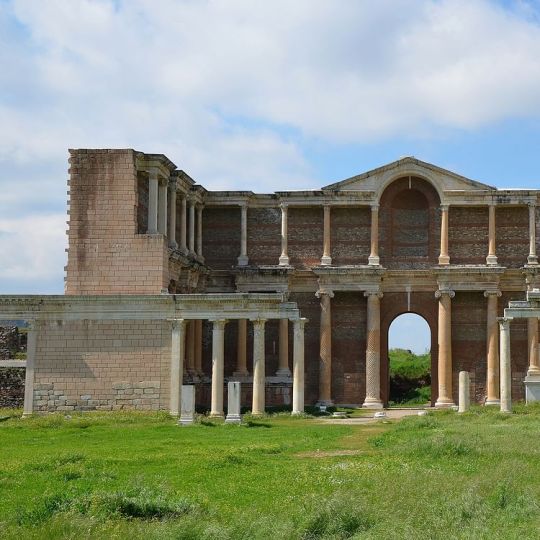
Sardis
Sardis (near modern-day Sart, Turkey) was the capital of the ancient Kingdom of Lydia founded (according to Herodotus) by the Heracleidae, the Heraclid Dynasty descended from the hero Heracles (Hercules). The city was famous in antiquity for its wealth, culture, and favorable position on the central trade route from the Aegean Sea to the interior of Asia Minor.
Continue reading...
39 notes
·
View notes
Text
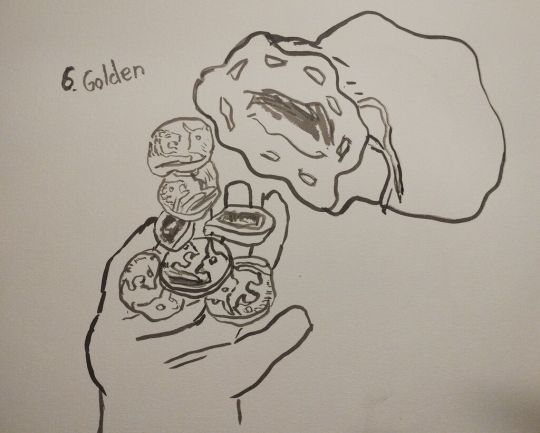
Inktober day 6: Golden
If I had had coloured inks, I would have tried to paint yellow autumn leaves. Instead I went with the golden coins of the ancient kingdom of Lydia during the reign of king Croesus. They're supposed to be the world's first standardized gold coins…
1 note
·
View note
Text

When your friend is in love with his favorite rs3 boss/pet.
Click for better quality!
2 notes
·
View notes
Text
for my past adventures, i did a lot of cro

like, a lot
after about ~70kc i wanna say?, they were all 4mans, which is 9 kills per hour, so that's a lot of time spent there. i planned to stay until i got the torch, because the item is fun. turns out tho, i got it last
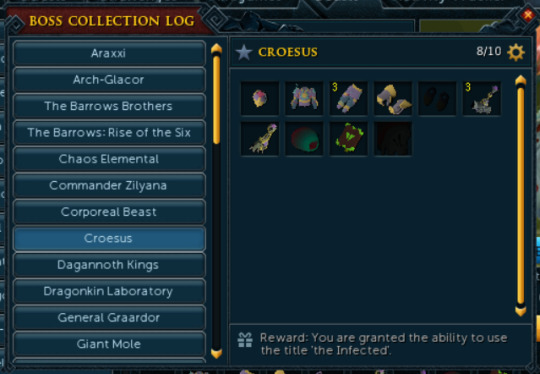
i shall come back to it eventually, to complete the log, but for now i'm fine like this, i am doing other grinds
1 note
·
View note
Text
A Armond Rizzo le gusta comerse pollas grandes y negras
Gay porn greece gallery Justin and Mark pick up another
Older man sucks young ginger
Raven haired beauty fucks machine bdsm
REALITY KINGS - Jayden Lee Gets fucked for cash in her store
Krystal Orchid horny redhead girl in sex action
Young petite blonde sucking a huge black cock
3D HENTAI BDSM YURI The mistress took the schoolgirl to the basement to bring to orgasms (PART 1)
Karly Baker smalltits girl like to ride dick on sofa
Brother Surprised Sleeping Sister Free Use
#brandishes#Oistrakh#Croesus#belly-sprung#Cosmati#burrowed#setwall#artist#megawords#self-gratulatingly#psychrophilic#promptitude#maladjustments#Kilmarnock#dissavs#subtilize#cross-ventilate#callo#honing#organochordium
0 notes
Text
Revelation 3: Sardis
Spiritually, the assembly in Sardis was like a slumbering city even as invading armies (of sin, perhaps) were gathering outside the walls. #Revelation3 #Sardis #KeepWatch

View On WordPress
#1 peter 1:15=16#aegean sea#alexander the great#antiochus the great#be holy#croesus#currency#cyrus the great#ephesians 1:3-4#ephesians 5:25-27#fruit of the spirit#gold#hermus valley#king croesus#Lydia#mount tmolus#murder in the cathedral#pactolus stream#pleiades#revelation 3:1-6#sardis#seleucids#seven spirits#seven stars#t.s. eliot
0 notes
Link
This is hilarious! I would try it!
0 notes
Text
fun facts about the names of the penumbra podcast characters (junoverse specifically cause i haven't watched the other one)
nureyev was a famous male ballet dancer, and peter/petya means rock! petya (the name slip calls nureyev) is actually a female name, as well as being the name of a family of malware. the surname nureyev and the name petya are both russian/eastern european, despite the names of outer rim planets being from a variety of cultures (brahma is a hindu creator god, ranga is an australian word, balder (aka baldur) is a norse god of light and beauty, yama is a hindu god of death/the underworld/justice, osiris is an egyptian god of the afterlife that judged souls, susano-o is a japanese god of thunderstorms).
aurinko means sun! buddy obviously is another word for friend
vespa means wasp, and ilkay means new moon.
so buddy and vespa are literally eachothers sun/moon awwwwww
rita means pearl and is a greek word
juno is the roman goddess of marriage and childbirth, but unlike in greek mythology she has a more warlike aspect! steel is used as a metaphor for being strong and hardy, as well as coming from germanic origins and relating to the german word stahl, to stay.
jet is a type of black semi-precious stone, plus y'know. jet engines, etc. sikuliaq is a boat! a research vessel actually, and the word means 'young sea ice' in the native Iñupiaq language.
m'tendere means peace in chichewa, a language spoken in zambia, malawi, mozambique and zimbabwe
kanagawa means 'god sound river' and is also a city! croesus basically means rich, croesus was a rich king of lydia (also the last king). cecil means blind to ones own beauty or sixth, but i prefer the first interpretation because cecil wears loads of makeup and trys really hard to be this big personality, missing his true beauty on the inside. cassandra was an ancient greek prophetess who was cursed to always see the truth but never be believed, and her documentary ideas making money when she was told they wouldn't is very cool. min means 'minute', 'from' and 'quick' or 'clever' in abbreviations, arabic and korean respectively.
thats all i can be bothered to do for now, more possibly coming later! lmk if anyone wants more!
#the penumbra podcast#name meanings#because i am a nerd#sorry google#fucked up my search history for this#junoverse#peter nureyev#juno steel#buddy aurinko#vespa ilkay#jet sikuliaq#rita penumbra#rita redacted#mtendere#cecil kanagawa#croesus kanagawa#cassandra kanagawa#min kanagawa#character names#names are so cool
83 notes
·
View notes
Text
Waiting for Solon: audience expectations in Herodotus
“Abstract: In this article, I focus not so much on what Solon actually says and does in his conversation with Croesus, but on what Herodotus’ readers, as well as Croesus himself, think Solon might say or do. I argue that Herodotus uses analogous episodes, those of Gyges, Candaules, and Candaules’ wife, of Arion and Periander, and of Bias/Pittacus and Croesus, to shape readers’ expectations of Solon’s conversation with Croesus, but he thens ubverts many of those expectations within the conversation itself. In so doing, Herodotus emphasises the programmatic function for the Histories of much of what Solon tells Croesus.”
[Conclusion] “This comparison between the Solon–Croesus episode and a select number of other, thematically important Herodotean episodes117 has shown that the former episode is special. If all or many of these episodes began as self-contained epideictic set pieces118 delivered by Herodotus before various live audiences, as seems likely, it was Herodotus’ challenge to weave these originally oral logoi into his written Histories . As evidence for just how crucial Solon’s conversation with Croesus in I.29-33 is to his work, Herodotus tries something with this episode that he never repeats in his work: with analogous episodes he builds up readers’ expectations about what both they as the external audience and Croesus as the internal audience will experience in this conversation (e.g., that Solon will seek patronage and that he will flatter Croesus), but then Herodotus subverts many of those expectations when Solon actually interacts with Croesus. The surprising, programmatic advice that Solon gives to Croesus in I.29-33, including the appropriate admonition to ‘consider the end of every matter’, is thrown into sharp relief by such subversion.”
David Branscome “Waiting for Solon: Audience Expectations in Herodotus”, Histos 9 (2015), 231-76
On line source with the whole paper https://www.academia.edu/25238127/Waiting_for_Solon_Audience_Expectations_in_Herodotus

Solon before Croesus about 1650–1652 by Nikolaus Knüpfer (Dutch, about 1603 - 1655). On view at Getty Center, Museum East Pavilion, Gallery E205
4 notes
·
View notes